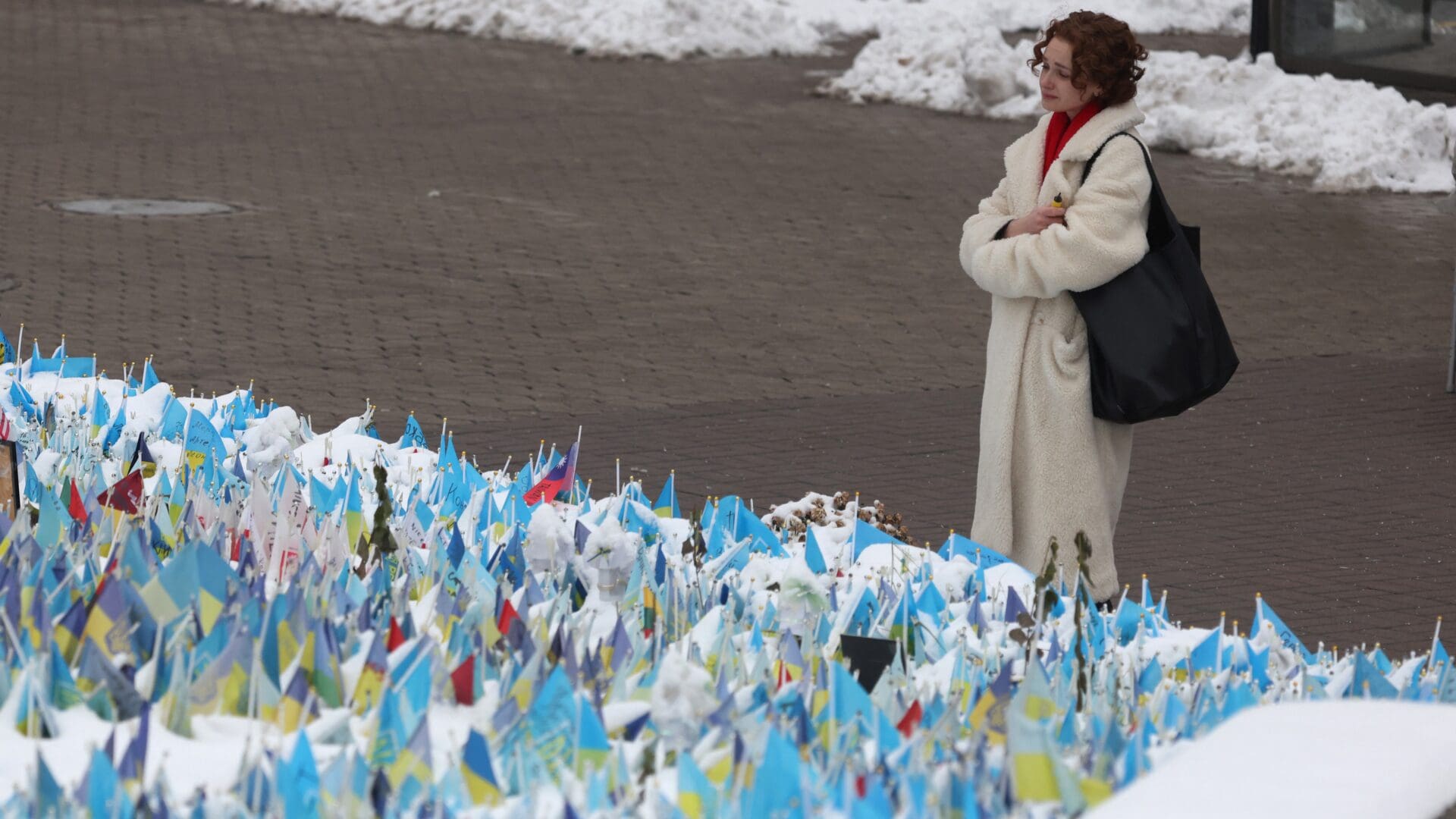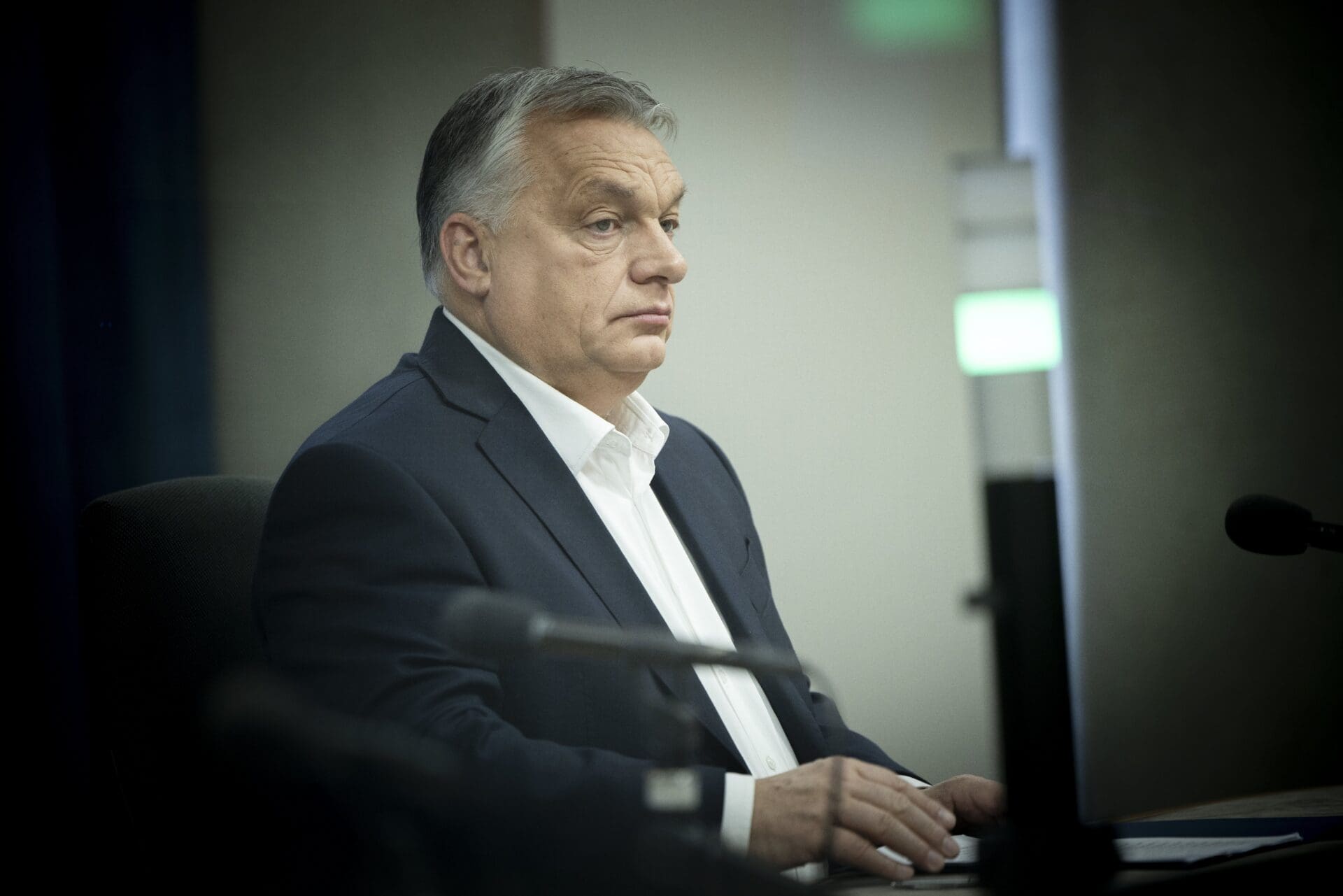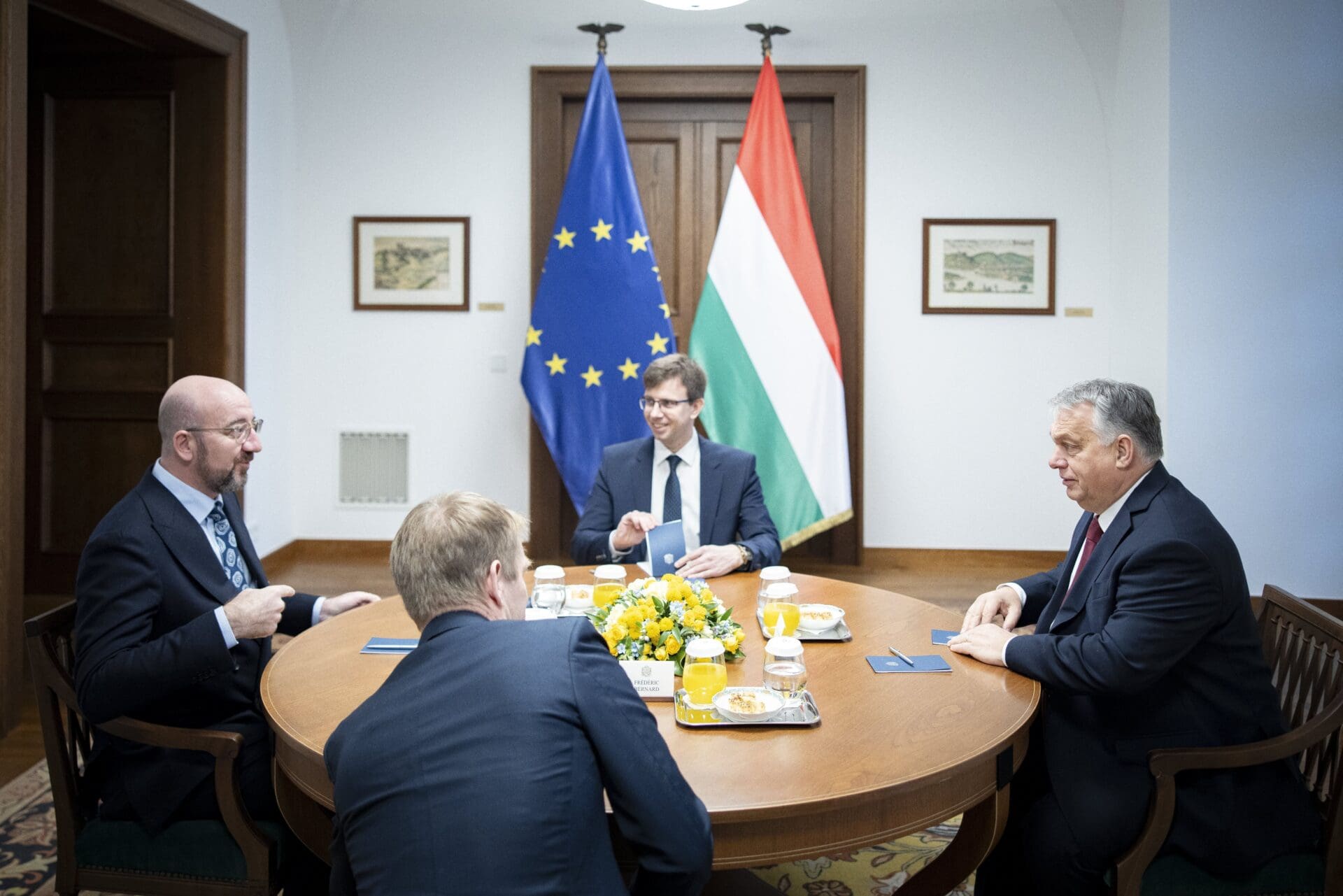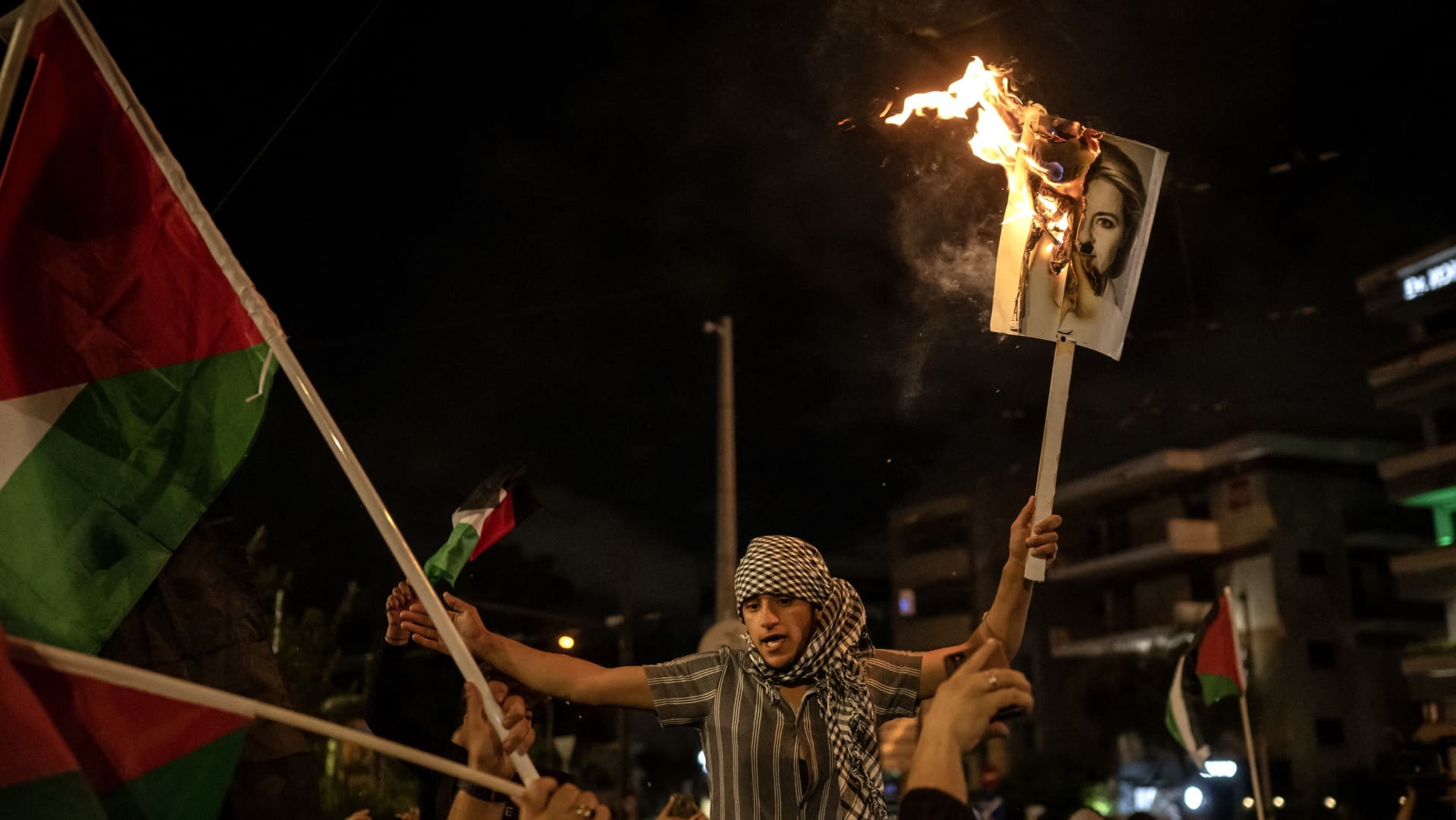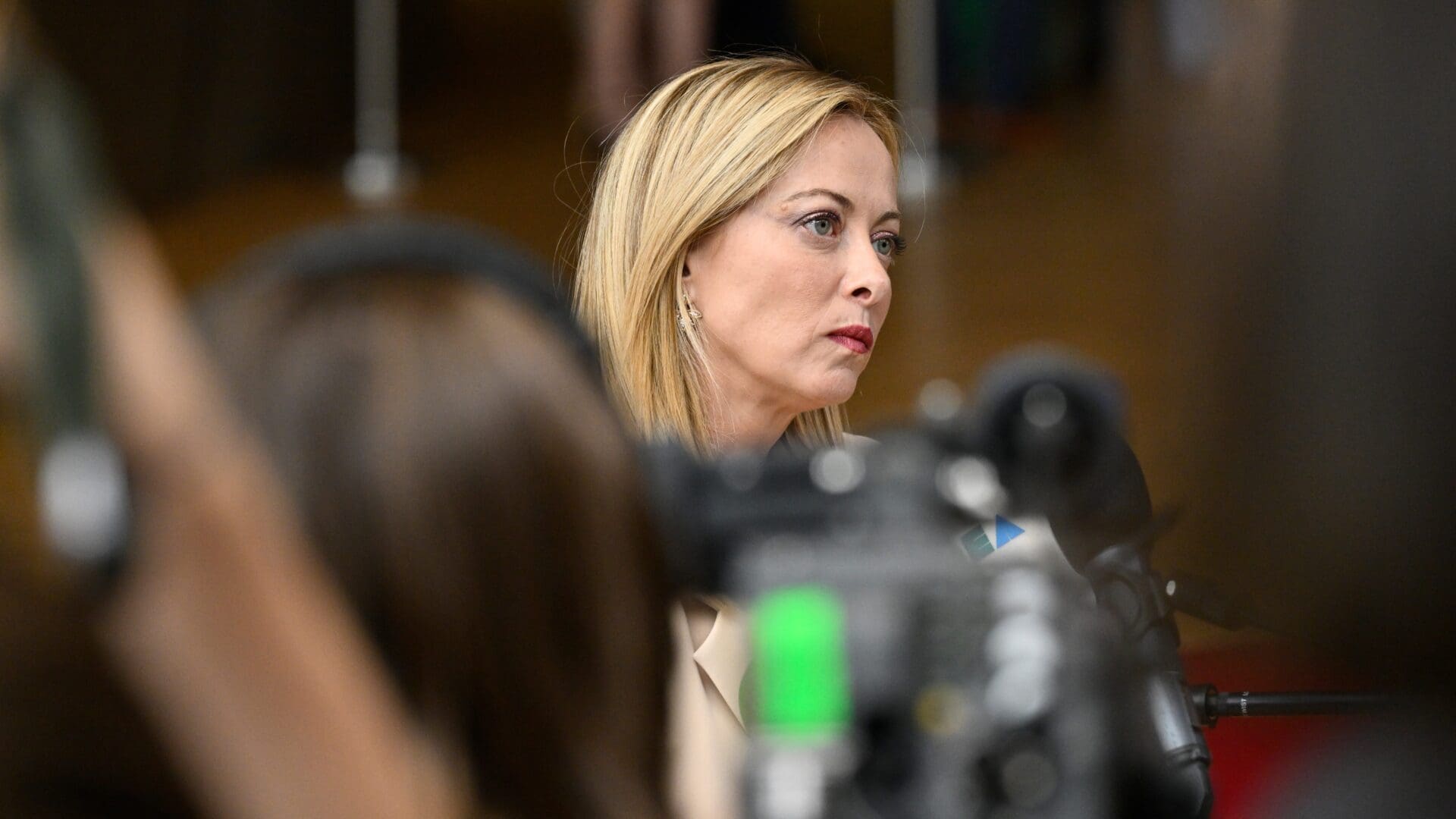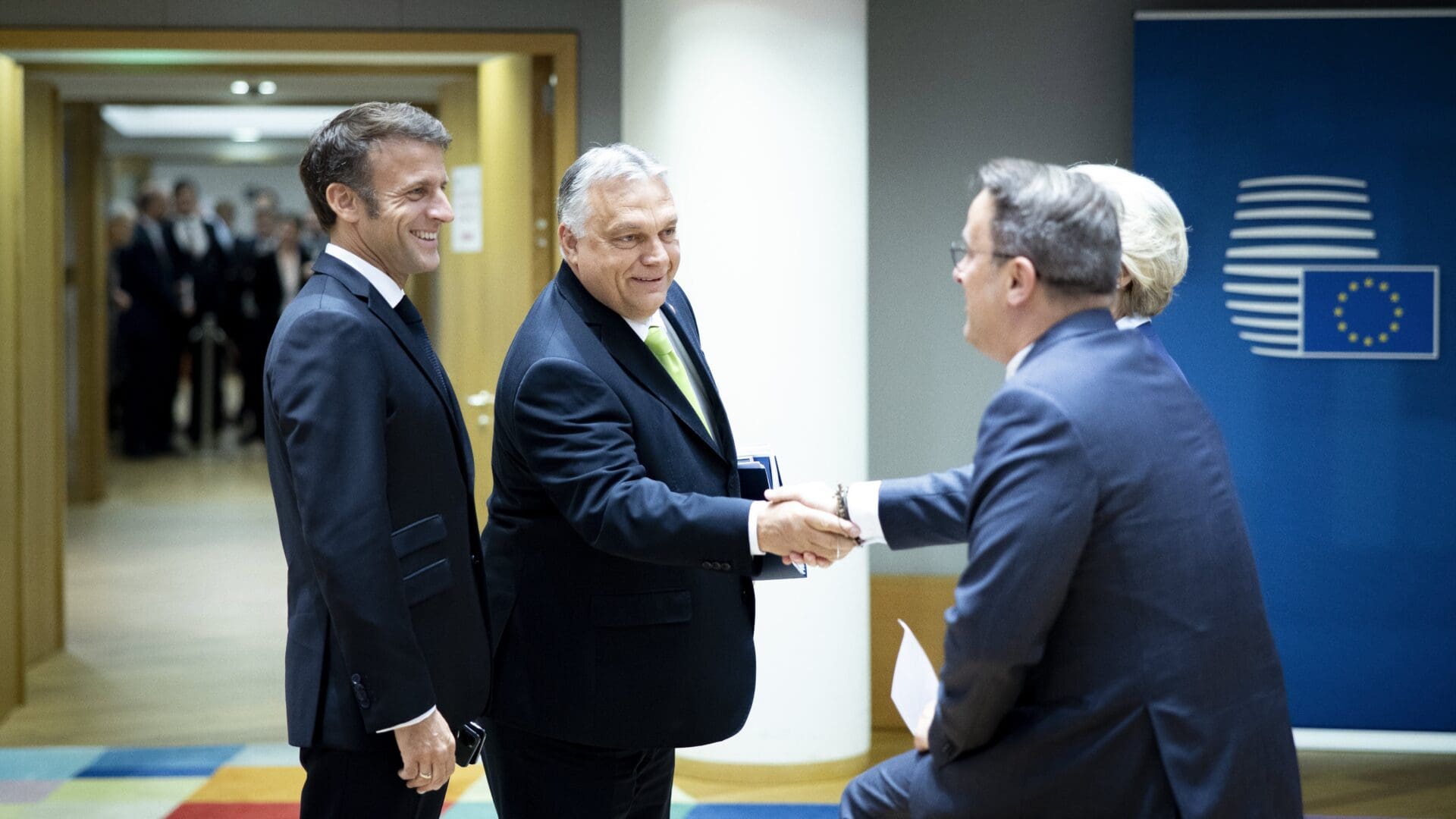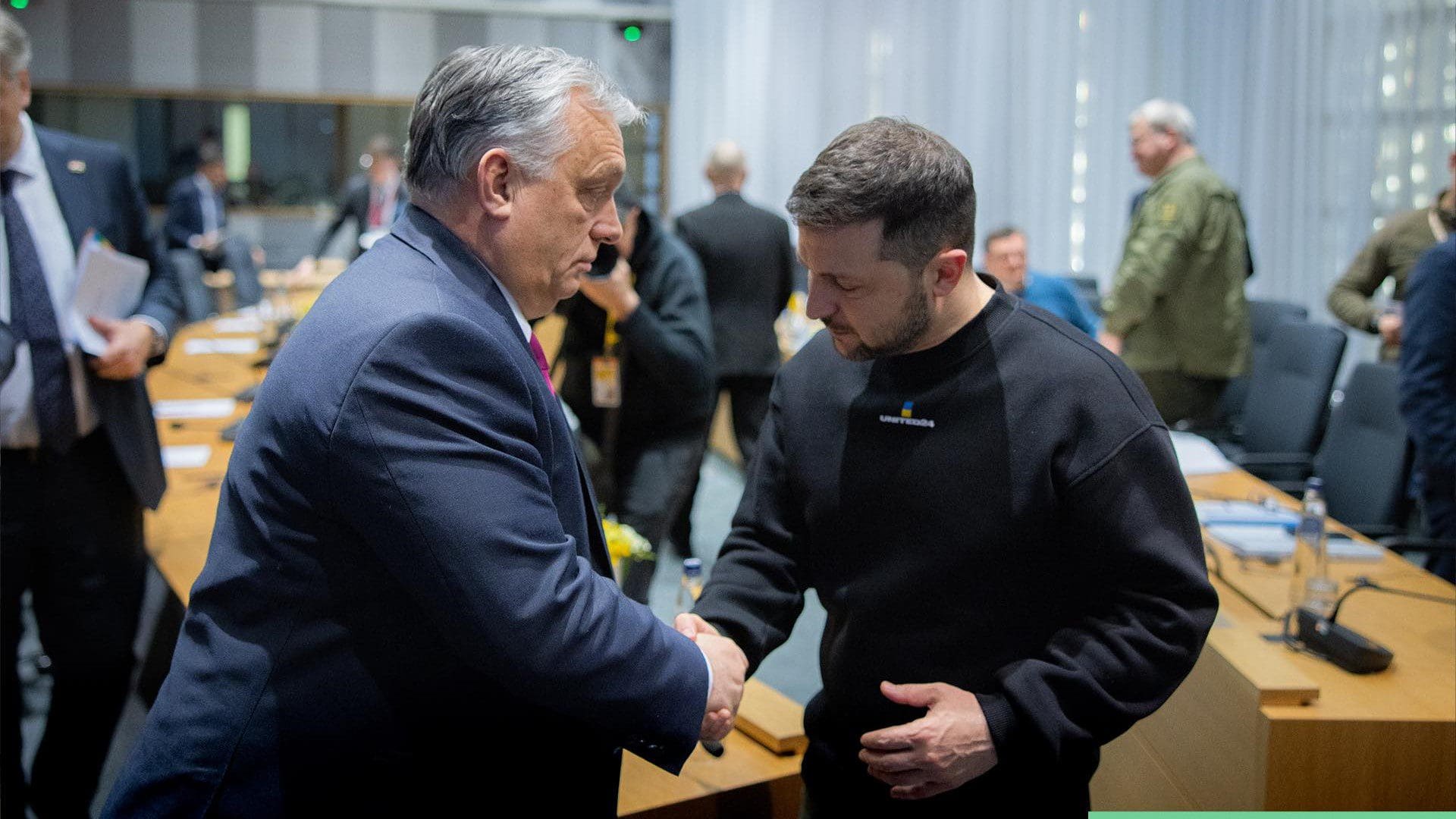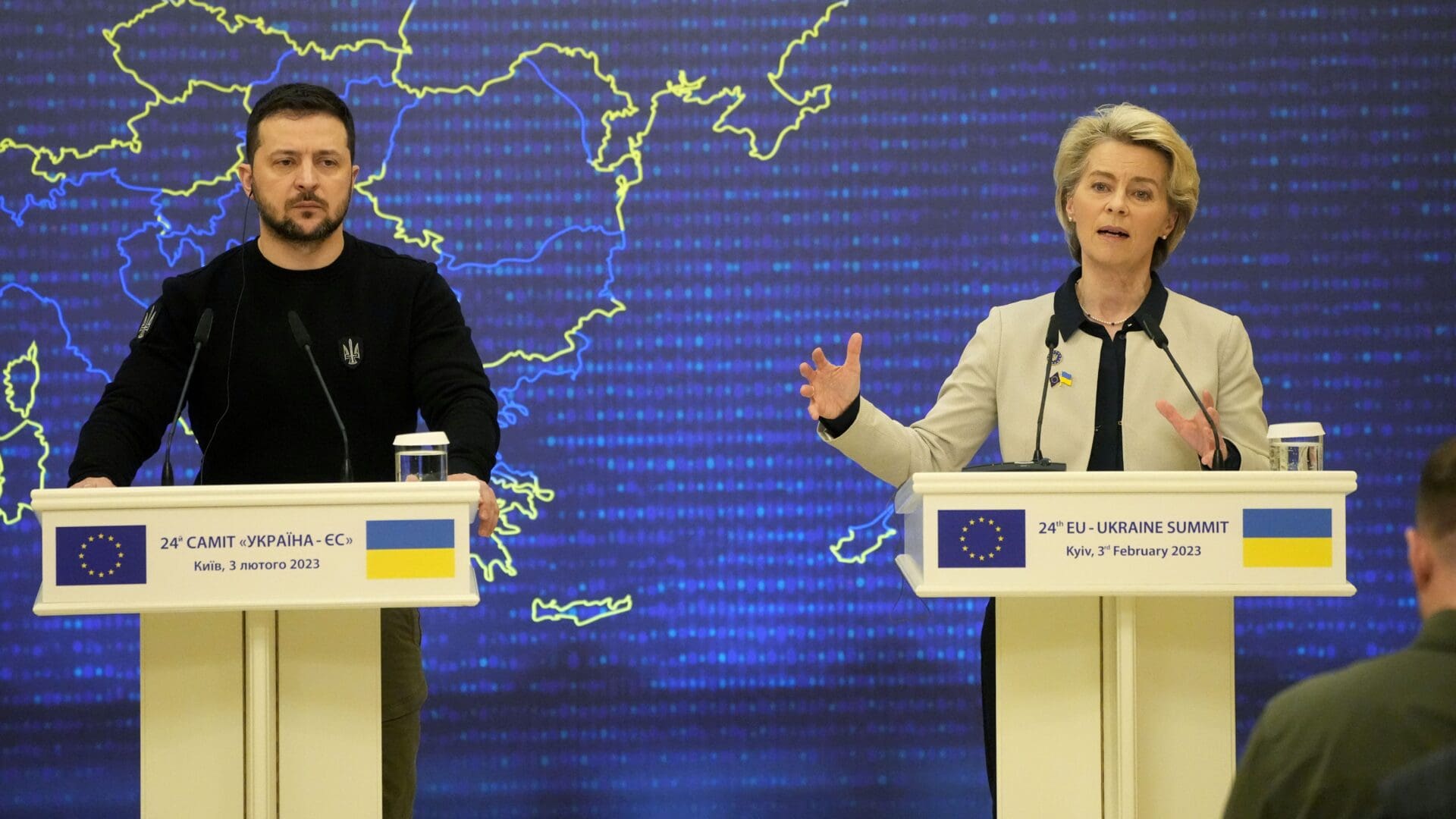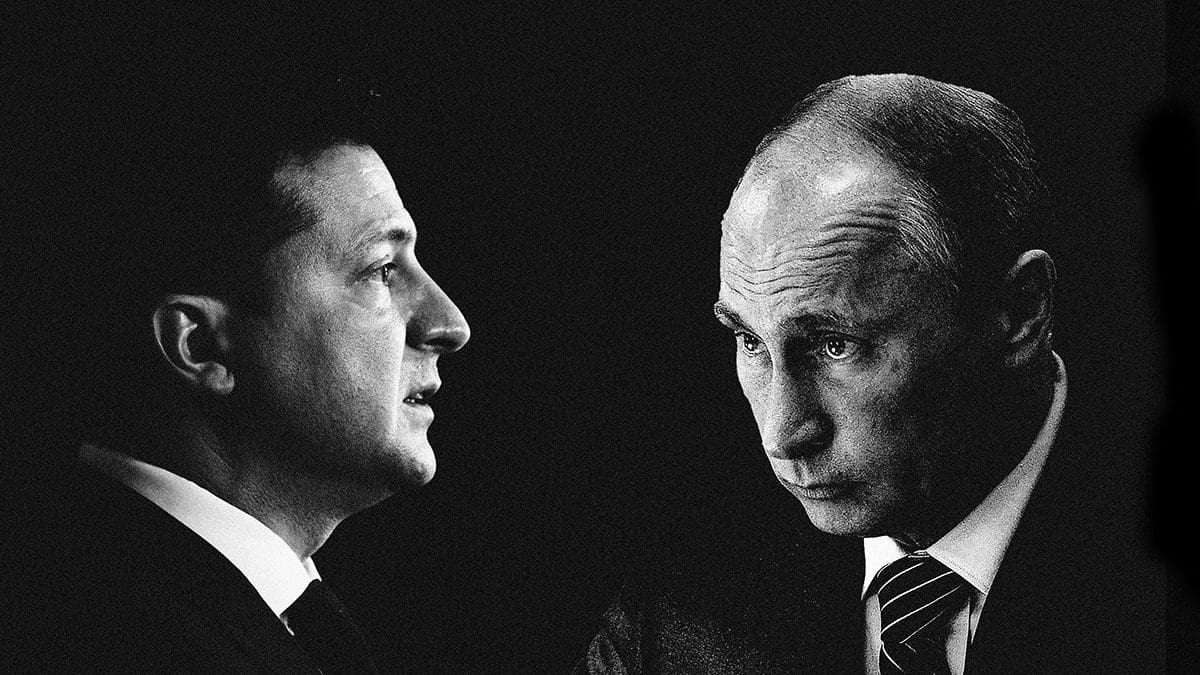
Italian FM Urges the Establishment of a Common European Army
Italian Foreign Minister Antonio Tajani has called for the creation of a common European army. Since the outbreak of the war in Ukraine, the question of how Europe can defend itself against the threats it faces has become increasingly pressing.

